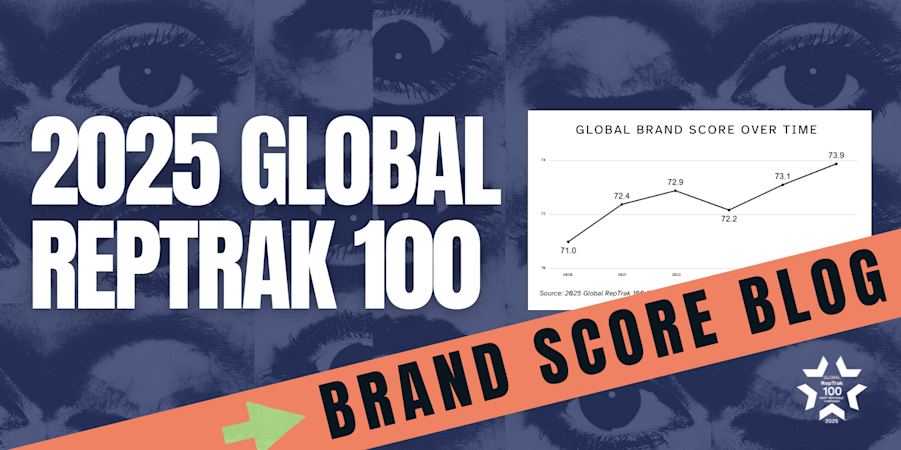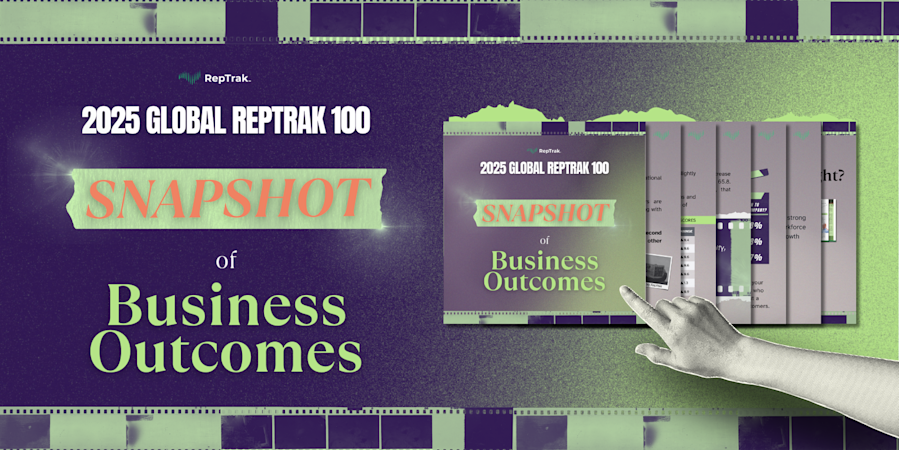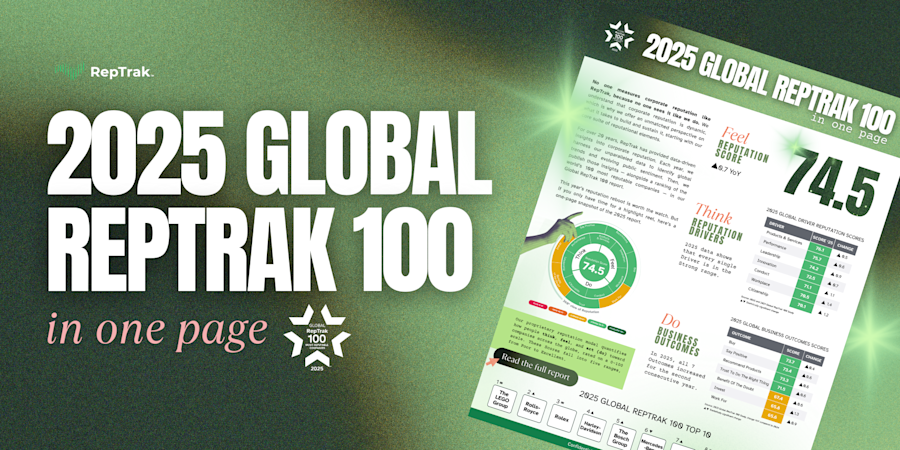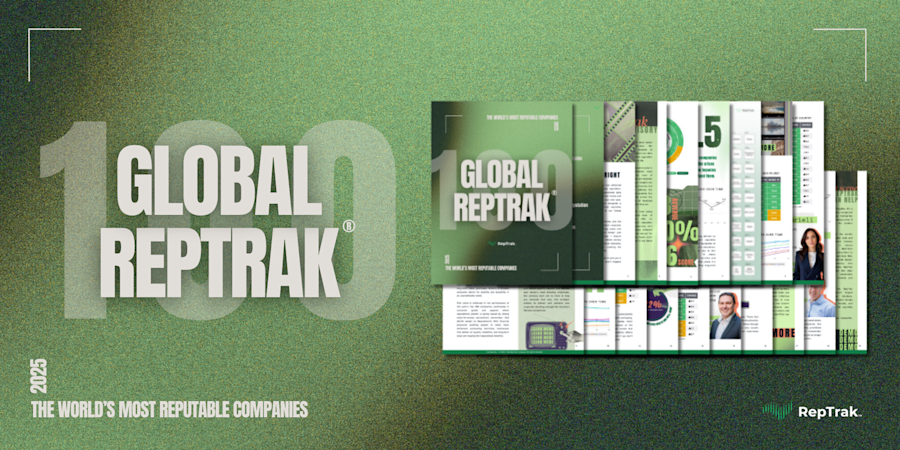How Is the Growing Focus on Environment Affecting U.K. Business Reputation?
Blog Post03 Feb, 2020
You would need to have buried your head in the sand not to notice that 2019 was the year of the climate protest. School children in 123 countries went on strike in March, Global Climate Strikes in September were attended by 6 million people globally, and in December, Greta Thunberg was declared Time magazine’s Person of the Year. In the U.K., protests by environmentalists made up 45 percent of all reported protests, a huge increase on previous years. And most recently, debate erupted over the inclusion of the Extinction Rebellion (XR) on a list of extremist organizations.
How is all this activity affecting businesses? More than half of the British public support action that would have a considerable impact on all businesses, such as a ban on non-recycled plastic.
That particular ban attracts far more support than other forms of regulation, such as an extended sugar tax or an aviation carbon tax. In fact, a plastic ban attracts support from groups across the U.K., from young (56 percent) to old (65 percent), Conservative (62 percent) and Labour (52 percent).
And when we measured, we found the British public to be largely ambivalent toward XR as a movement, but there is significant support for their cause.
Environmental concern is a uniting force
Action on environmental issues is clearly top of mind in the U.K. at the moment. We asked people to list what actions they want to see companies take in order to improve their reputations. Climate, environment, and sustainability issues was one of the top two areas mentioned, along with fair treatment of employees.
Young people have been leading the global debate on climate, and that is reflected in the fact that 50 percent of those aged 18 to 24 who responded mentioned the environment as a priority for businesses.
But it’s a mistake to think this is just a Gen Z issue. For all groups under the age of 65, action on climate is a top-two priority. No matter your business, your customers want to see action.
“Companies need to be much more responsible in relation to the world around them, climate crisis is the biggest issue on a global scale that will affect and is affecting every single one of us. While governments need to do more in terms of forcing corporations to act, they should be much more proactive themselves. There is far too much emphasis put on consumers to take actions that will have a very minimal impact compared to the actions businesses should be taking.” (Female survey respondent, age 35–44)
These opinions aren’t new, but they are building. And plenty of companies around the world are already taking notice. Coca-Cola is encouraging people to recycle its bottles. Adidas is making shoes from ocean plastic. KLM Airline is discouraging people from flying. And Ørsted (formerly DONG Energy) has pivoted from fossil fuels to focus exclusively on its renewables business.
Action on the environment has moved from one strand of the CSR function to being front and centre of major advertising and PR campaigns. Companies are battling to show clear and decisive action. Anyone not taking part is already behind.
Taking a stand as a company
But taking action can’t be about developing a communications campaign only (as anyone who remembers “Beyond Petroleum” can tell you). Action on climate could mean new product design, new suppliers, or new executive incentives, but without concrete steps across the business, there will be nothing to communicate about.
Concrete steps are also what’s needed to placate newly vocal investors. Larry Fink’s 2020 letter to CEOs was explicit that it will judge investments using disclosures based on Sustainability Accounting Standards Board (SASB) standards in addition to traditional measures such as credit and liquidity risk. Even the best corporate communicator can’t talk their way out of investor flight.
Companies should make sure their actions stand up to scrutiny, as well. Consumers and influencers alike have growing skepticism about companies’ new environmental credentials, so companies will have to expect criticism if any steps they take are deemed to be not good enough.
Communicating your plan
On the flip side, your company might be driving the most amazing, cutting-edge, transformational changes to your business to address the climate emergency, but if nobody knows about them, you won’t get the reputational benefit. Measuring perceptions of your company alongside competitors will help you understand where you stand and where you can go from here.
Difficulty of execution is not a reason not to take a stance though. The rewards can certainly outweigh the risks. According to our 2019 RepTrak study, a reputation for acting responsibly toward the environment is a key driver for companies being given the benefit of the doubt—one reason why climate change is one of our 2020 Global Trends in Reputation.
As climate continues to rise up the agenda for consumers and businesses alike, being a leader on environmental responsibility is more than just a trend. It’s good business sense.
Hannah Merritt Manager, U.K. and Middle East The RepTrak Company [email protected]






